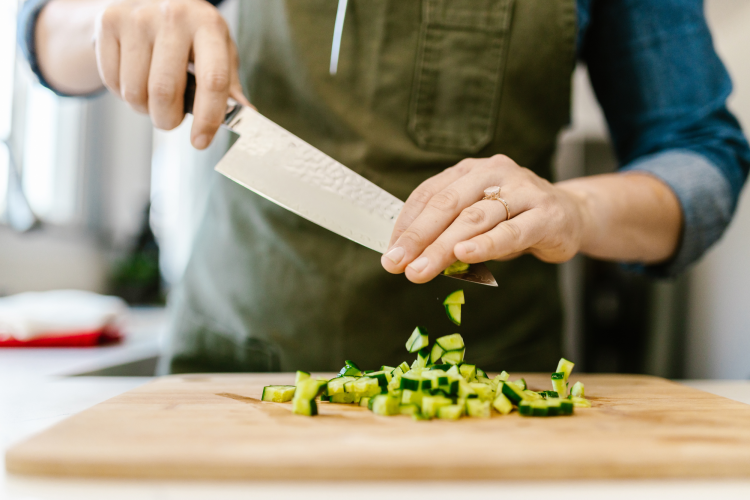In the world of culinary arts, every professional chef knows that the right tool can make all the difference in the kitchen. Among the vast array of kitchen tools, German knives have carved out a significant reputation. Known for their impeccable craftsmanship and robust performance, these knives are a staple in many kitchens. However, like any tool, they come with their own set of pros and cons. In this article, we will delve into the specifics of German knives, exploring their advantages and potential drawbacks, to help kitchen professionals make informed decisions.

The Allure of German Knives
German knives are renowned for their durability and strength. Crafted with high-carbon stainless steel, these knives are designed to withstand rigorous use. The steel's high-carbon content ensures that the knives remain sharp over extended periods, reducing the need for frequent honing. Additionally, the full tang construction, where the blade extends through the entirety of the handle, provides better balance and control.
The design of German knives often features a thicker blade, which adds to their durability but also influences the knife's weight and handling. For chefs who prefer a more substantial feel in their hands, this can be a significant advantage. Furthermore, the bolster, a thick band of steel between the blade and handle, offers added protection and balance, making it easier to wield the knife with confidence.
Understanding the Downsides
Despite their many benefits, German knives are not without their drawbacks. One of the most common criticisms is their weight. The thicker blade and full tang construction contribute to a heftier knife, which may not be ideal for all chefs. Those who prefer lightweight knives might find German knives cumbersome, especially during prolonged use.
Another consideration is the maintenance required to keep these knives in top condition. While they are made of high-carbon stainless steel, they still require regular honing and occasional sharpening to maintain their edge. Chefs who are accustomed to low-maintenance tools might find this aspect a bit daunting.
Comparing German Knives to Other Types
When comparing German knives to other types, such as Japanese knives, the differences become more pronounced. Japanese knives are typically lighter and feature a sharper edge due to their thinner blades. While this makes them excellent for precise cuts, they are often less durable than their German counterparts. This comparison highlights the importance of choosing a knife that aligns with a chef's specific needs and preferences.
For those interested in exploring more about knife materials, the German knife blade materials provide an in-depth understanding of what makes these tools stand out.

Making the Right Choice
Choosing the right knife is a personal decision that depends on various factors, including the type of cooking one does, personal comfort, and maintenance preferences. For chefs who prioritize durability and strength in their kitchen tools, German knives are an excellent choice. However, if weight and maintenance are concerns, it might be worthwhile to consider other options.
For more insights on how German knives compare to other popular brands, the Wusthof Classic vs. Ikon guide offers valuable comparisons.
Frequently Asked Questions
Are German knives better than Japanese knives?
It depends on personal preference. German knives are more durable and heavier, while Japanese knives are lighter with a sharper edge.
How often should I sharpen my German knife?
Regular honing is recommended to maintain the edge, with sharpening needed depending on the frequency of use.
What is the best way to maintain a German knife?
Regularly hone the edge, keep the knife clean and dry, and occasionally sharpen it to maintain its performance.
For further reading on knife care, visit Knife Care Tips.
In the vast world of culinary tools, understanding the pros and cons of German knives helps kitchen professionals make informed choices that enhance their culinary experience. Whether you prefer the heft and durability of a German knife or the precision of a Japanese knife, the key is to find a tool that complements your cooking style and needs. Explore more about the history of these iconic tools in this brief history of German knife making.


























